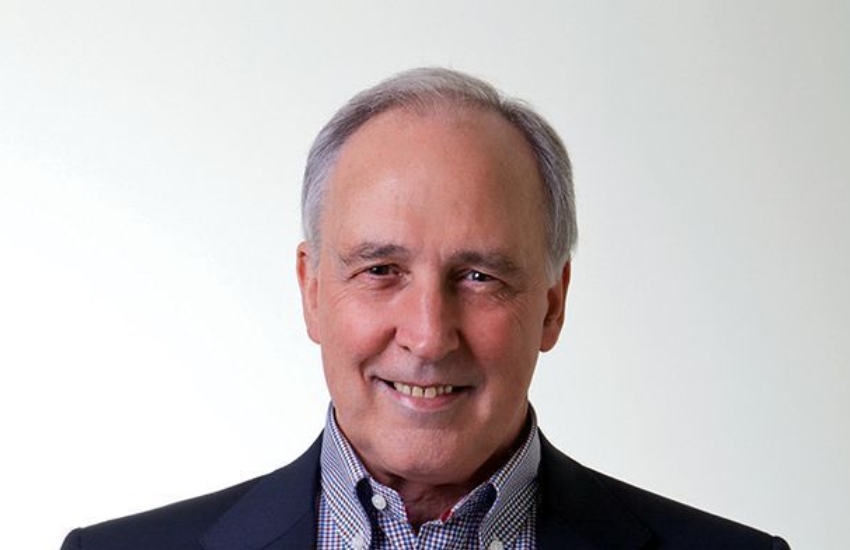‘I’ve opposed it always,’ says Keating on SMSF borrowing
Paul Keating believes limited recourse borrowing arrangements are an “accident bound to happen,” a prediction which hasn’t been well received by the SMSF profession, despite signs of stress and loss appearing with clients’ leveraged assets.
The architect of compulsory superannuation in Australia, former treasurer turned prime minister Paul Keating, has again taken to the national stage to blast borrowing in superannuation.
“This should never have happened. I’ve opposed it always,” Mr Keating said, according to Fairfax Media reports.
He also knocked the “freebie” of imputation credits, effectively throwing support behind Labor’s contentious reformation plans.
Some firms and brokers are reporting that lending restrictions and softening valuations in the residential property market are now impacting client bases. In the best cases, clients are forgoing opportunity, in the worst cases they are losing funds on settlement, particularly with off-the-plan developments which have lengthy settlement periods.
Still, the SMSF profession remains broadly supportive of borrowing in super, provided it is done in accordance with a sound investment strategy for the fund.
Some, like associate professor at Deakin University, Dr Adrian Raftery, think Mr Keating’s latest comments are out of step with what the ATO’s SMSF data suggests.
Mr Raftery suggested borrowing practices inside of superannuation are typically more conservative than outside of superannuation, and typically less risky. For example, loan-to-value ratios for SMSFs are typically around the 70 per cent mark, which is significantly tougher than they are for property investors or owner-occupiers in the current market.
“Borrowing outside of super — usually with double incomes are used in calcs despite potential future family plans (and also last year's bonus considered as ‘normal income’) — is a greater systemic risk to the economy than borrowing within SMSFs. Something that was acknowledged when APRA tightened things last year,” Mr Raftery said.
Mr Keating has always and vehemently opposed SMSF borrowing. During the financial system inquiry of 2014, chaired by former CBA boss David Murray, Mr Keating called for prohibitions on SMSF borrowing amid surging investor financing levels and escalating capital city house prices.
“If I was treasurer today, I would be looking very hard at the whole entitlement or availability of debt to SMSFs. They have gearing available to them and, of course, many of them are taking the option of buying residential property,” Mr Keating said at the time.
Mr Murray’s panel recommended a ban on borrowing in superannuation, the only recommendation that the government did not adopt.


